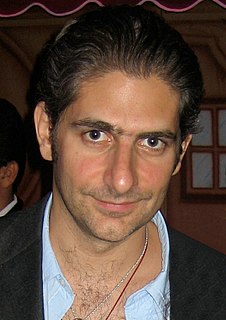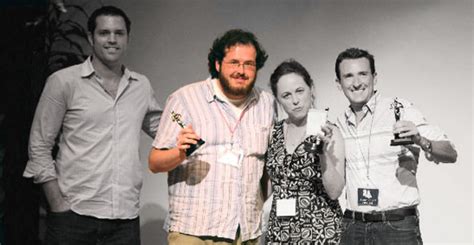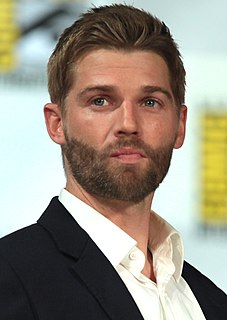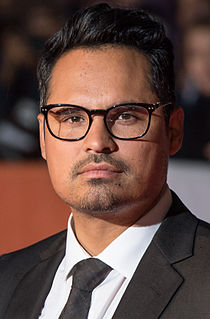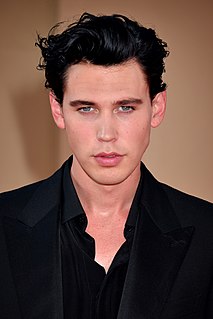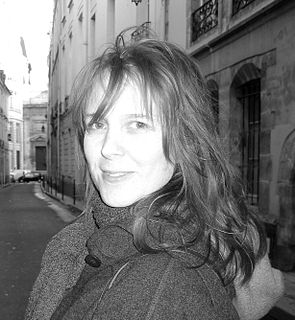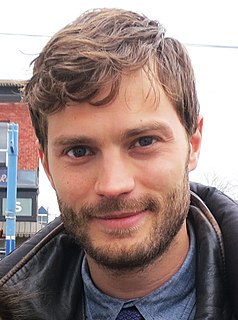A Quote by Michael Imperioli
With screenplays and teleplays, they are mapped, really, in the blueprint of a finished product, which is something you're going to watch on a screen. But a book is an end to itself, really.
Related Quotes
A film, since it is primarily a visual medium, should really be like a silent film. You should be able to watch something and understand what was going on and use voice when you need to communicate something you can't necessarily communicate visually. The book is the opposite. The book is an inner monologue which is beautiful.
Movies are great fun and wonderful when they're good. But you never get to see them till six months after they're finished. So you never get a sense of whether they're really well liked or how good they are. And you don't really know what the finished product is going to be like, because it's a director's medium.
Normally I can't watch playback. I can't watch anything because I know that it's so rough and there's going to be effects that are added, there's going to be sound effects, there's going to be so much stuff that happens between this point and that finished product that it just ruins the illusion for me.
I really don't like watching myself and for the most part I will never watch myself. I worked with Kevin Smith on Yoga Hosers and I really respected the way that he directed. He told me, "It's very important to watch yourself." So he would direct by going, "Hey come over to the screen and watch this scene." And so it was very uncomfortable for me to have to watch myself but then he talked me through the process of that and it was very helpful.
